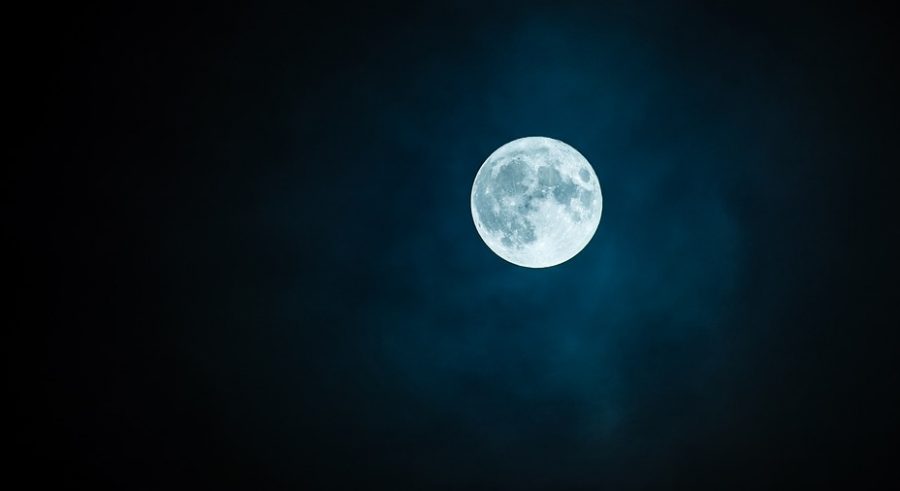Daylight Savings Time Legislative Act
Many government officials feel that daylight savings time saves money on electricity.
Many people living in parts of the United States encounter daylight savings time the beginning of March.
Many go through the semi-annual ritual of winding the clocks forward , and then, in autumn, moving them back an hour. Some places across the world are opting to abolish daylight savings time all together. Proponents of setting clocks once say that changing the time back and forth make very little sense.
“…most countries near the equator don’t fall back or jump ahead. In much of Asia and South America, the Daylight Saving Time shift was adopted, but then abandoned. It has never been observed in most of Africa,” said Amanda Erickson, author of “Daylight Saving Time is super unpopular. Here are the countries trying to ditch it.”
In the states, voters in California agreed that approving a ballot for year-round daylight time would pass by a large margin.
“On Election Day, a majority of California voters, nearly 60 percent, voted in favor of a ballot proposal to leave the state in daylight saving time all year round. More simply put: They voted against having to set their clocks backward one hour during the winter months, favoring later sunrise and sunset times all year round,” said author of “California voters reject the tyranny of daylight saving clock changes,” said Brian Resnick, a science reporter at Vox.com.

Cities in foreign countries are abandoning daylight savings time picture credits.
Patterns of work and lifestyles are exceptionally different now than they were during World War II, when daylight savings time was first introduced.
“Humans now are not as flexible about their daily rhythms as they once were; accidents, heart attacks and strokes tend to occur in greater numbers around the time shift.” said Steven Chu, an American physicist and a former government official.
The 1966 law allows states to opt out of daylight saving, and Hawaii and Arizona do so, staying on standard time all year, so does Puerto Rico. But for reasons that historians say remain murky, the law does not allow states to opt out all the way, and choose daylight time year-round. So the California proposal, and a similar bill passed by the Florida Legislature last year, would require an act of Congress to take effect.
“I feel like constantly changing the clocks back and forth messes with my routine. On top of that, school already starts too early so pushing the clocks back makes it worse,” said junior Emma Flowney.
Until the legislation changes, many around the United States and abroad are against daylight savings time for good reason. With changing lifestyles and human behavior, legislature has to change.







